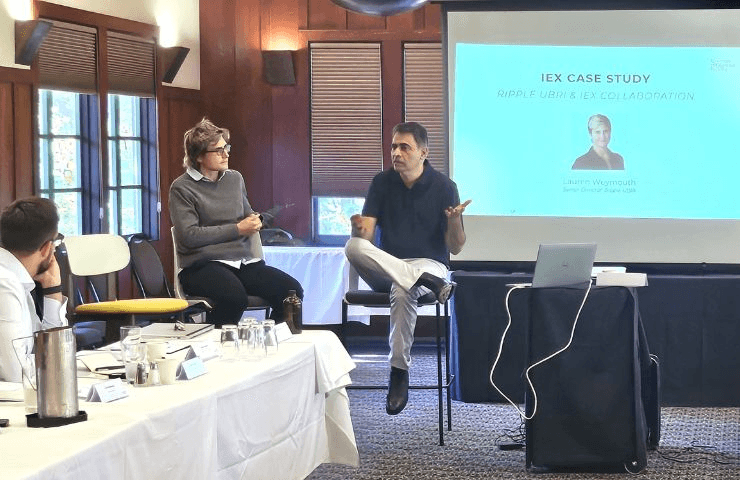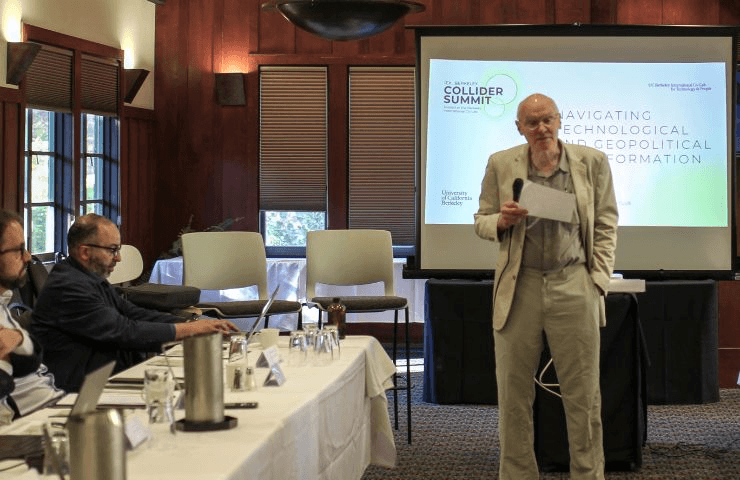Navigating Toward Global 2.0
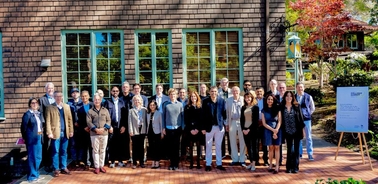
Selected Highlights from the Collider Summit held at the Berkeley International Co-Lab.
Ikhlaq Sidhu, Dean, IE School of Science & Technology
Trond Petersen, Executive Associate Dean in the College of Letters and Science, UC Berkeley
Held at the Berkeley International Co-Lab on 28th-29th of October, the IEX Berkeley Collider Summit brought together leaders from academia, tech, venture, and policy to understand how institutions, technologies, and markets must adapt to a more complex and fragmented world. It focused on key transitions—from globalization to data governance, from AI disruption to education reform, and from IP-driven innovation to scalable impact. Below is a brief recap of the core ideas raised.
Globalization is Being Rewired
The old globalization model—based on open markets, distributed supply chains, and efficiency—is giving way to one shaped by fragmentation, national sovereignty, and resilience. Geopolitics is now a core business consideration, not a distant backdrop. Market access, regulation, and even research are all being shaped by geopolitical risk.
Trust, optionality, and control are now essential design elements for strategy and innovation. Participants emphasized that every institution, from startups to universities, will need to realign to this new structure.
Intelligence is Diffusing 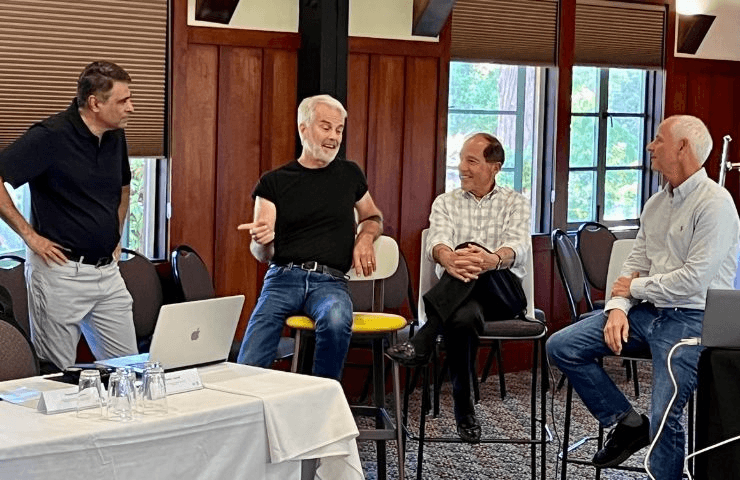
AI is no longer confined to screens or back-end systems. It is embedded into physical infrastructure—drones, data centers, industrial sensors, and autonomous systems. The shift is not just technical; it demands a rethink of operating models, ethics, and policy.
Participants highlighted that large, centralized models may be losing ground to lighter, task-specific, domain-sensitive models that preserve privacy and enable faster deployment. New architectures such as digital twins and local AI “data houses” were seen as key to future systems.
Innovation Needs to Shift From IP to Impact
The summit made clear that the future of innovation won’t hinge on patents alone. What matters more is scaling solutions. Many participants challenged the default emphasis on intellectual property, proposing instead models that focus on outcomes: deployment, adoption, and influence.
Transitioning research into application—especially in deep tech, climate-tech, and healthcare—requires alignment across capital, regulation, and talent. The challenge is not invention; it’s implementation at scale.
Data and Sovereignty: A New Balancing Act
In the Global 2.0 context, the most critical data is not always the biggest—it’s the most structured, the most physically grounded, and the most actionable. Participants warned that over-indexing on quantity and model size risks diminishing returns.
At the same time, there was concern over growing data fragmentation. Sovereignty, regulation, and compliance are increasingly driving data localization. This affects not just platforms, but also research, innovation, and public health. Participants saw promise in federated learning, synthetic data, and cross-border trust frameworks—but the path forward remains uncertain.
Education is at a Strategic Threshold
Degrees and pedigree are no longer enough. Participants across sectors acknowledged that many graduates, even from top institutions, are struggling to navigate today’s job market. Institutions must help learners build real-world skills, adaptability, and systems-level understanding.
More fundamentally, education models must evolve. Project-based, interdisciplinary, and challenge-driven learning is gaining ground. Faculty need to act not just as instructors, but as connectors, mentors, and community shapers.
Universities also need to become more navigable—not just for students, but for partners, companies, and collaborators. That means becoming more fluent in how strategy, investment, and global markets actually work.
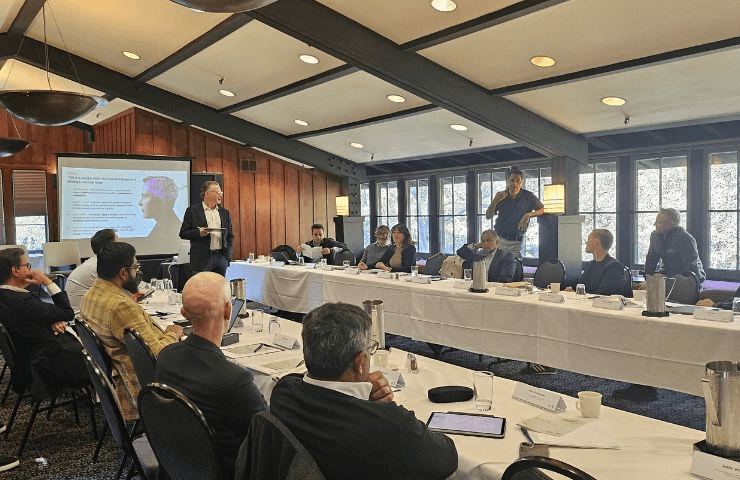 Scaling Innovation Requires Better Structures
Scaling Innovation Requires Better Structures
A recurring theme was that global innovation won’t succeed through individual breakthroughs alone. It will require scalable, intentional collaboration between actors who don’t traditionally work together—universities, investors, corporates, governments, and local communities.
Several discussions emphasized the need to rewire how public institutions engage with industry, not to mimic it, but to collaborate with better insight and shared language. This includes designing ecosystems that prioritize outcomes over control, and scaling platforms that operate more efficiently without compromising trust.
Global 2.0 Is Already Here
The transition to Global 2.0 isn’t coming—it’s already underway. Institutions that ignore these changes risk falling behind. Those who engage now, with eyes open and systems thinking, have an opportunity to shape the next chapter.
The Collider Summit was not designed to reach consensus. It was built to surface what’s changing, what’s emerging, and what we may be missing. The next report will unpack those shifts and help develop the frameworks that enable action.
The world is not flattening—it’s becoming more intelligent, contested, and interconnected. We will need to build accordingly. We look forward to sharing the takeaways and feedback from this first edition and to co-developing the subsequent chapters of the IEX Collider Series as we build a shared agenda for the decade ahead.
